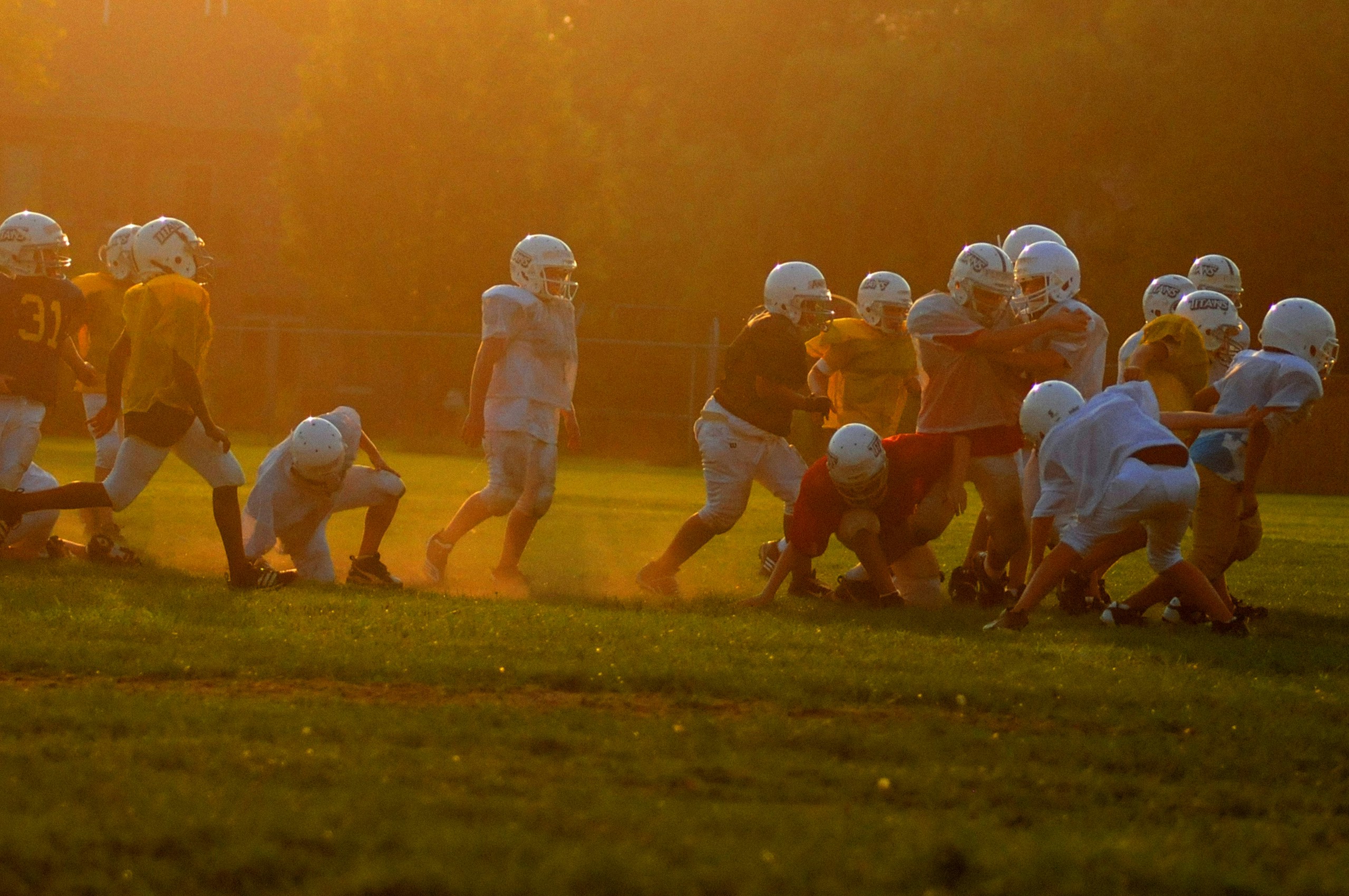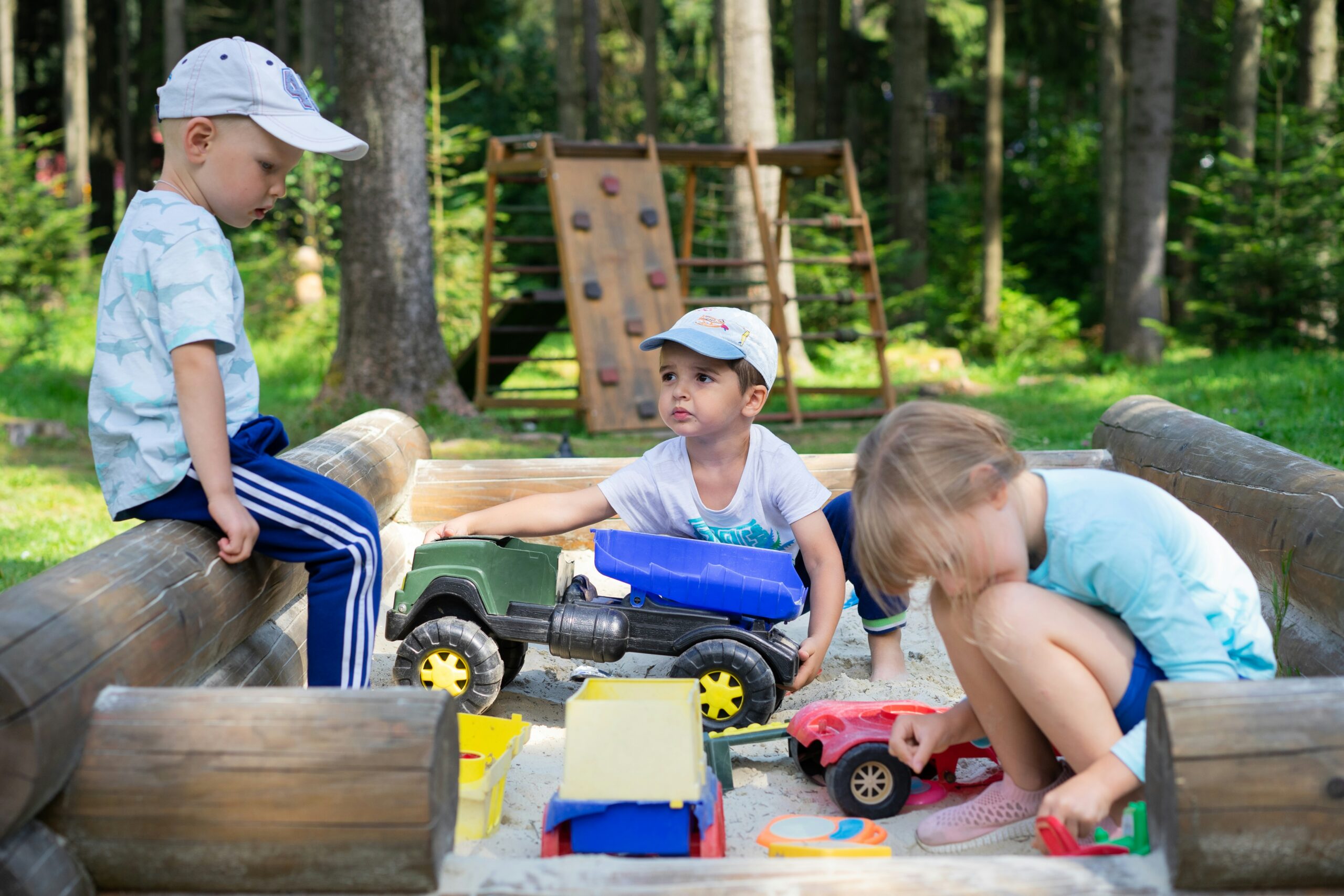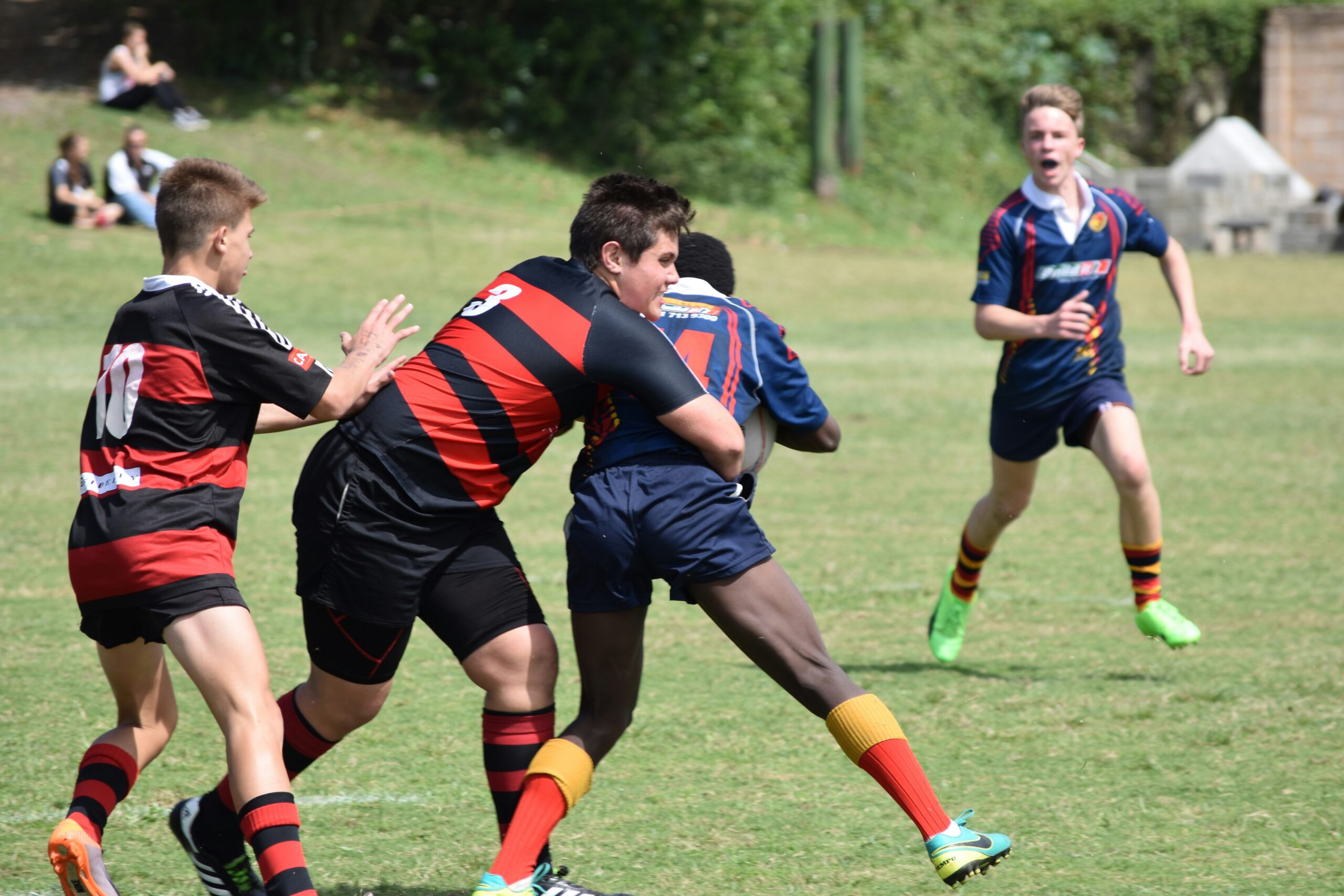Youth Fitness: Exercise Helps Children Excel in School
Exercise is important for everyone, especially kids. When children stay active, they can do better in school. Studies show that youth fitness exercise help kids achieve higher grades. For example, the American College of Sports Medicine found that active kids perform better in class. The Centers for Disease Control and Prevention (CDC) says children should be active for at least 60 minutes every day to help them learn and feel good. This article will explain how youth training programs help kids.
1. Why Is Fitness Important for the Body and Brain?
Exercise is good for a child’s health. When kids move their bodies, blood flows to their brains. This helps them think better. A study found that kids who exercise show improved thinking skills, like memory and focus.
2. Benefits of Youth Fitness Exercise for Children
Here are some benefits of fitness exercises for kids:
a. Helps Mental Health
Exercise makes kids feel happier. It releases chemicals in the brain that help reduce feelings of sadness. The National Institute of Mental Health says regular exercise can lower the risk of depression.
b. Reduces Stress and Sadness
Kids can feel stressed about school and friends. Exercise helps them relax. A study showed that active children have lower stress levels.
c. Builds Strong Bones and Muscles
Being active helps kids grow strong bones and muscles. The National Institute of Health (NIH) says jumping and running are great for building strength.
d. Helps Prevent Weight Gain
Regular exercise helps kids keep a healthy weight. The Centers for Disease Control and Prevention (CDC) says childhood obesity has more than tripled over the years. Exercise helps fight this problem.
e. Reduces Health Risks
Kids who exercise are less likely to have health problems when they grow up. The American Heart Association says exercise helps prevent heart disease.
f. Promotes Better Sleep
Exercise helps kids sleep better at night. A study found that active children fall asleep faster and sleep more soundly.
g. Improves Heart Health
Exercise keeps the heart strong. The Centers for Disease Control and Prevention (CDC) encourages kids to do heart-pumping activities to stay healthy.
h. Improves Self-Esteem
When kids achieve fitness goals, they feel proud. This can increase their confidence. Research shows that being fit is linked to higher self-esteem.
i. Helps Them Focus on Studies
Active kids pay better attention in class. Exercise helps improve focus. A study shows that being active helps kids learn better.
3. Consequences of Not Being Active
When kids do not exercise enough, they may face problems:
- They might gain weight.
- They may feel tired.
- They can become moody.
- Their muscles may weaken.
- They might struggle to pay attention in school.
Also read an article on: 13 Benefits of Aerobic Exercises : Why Cardio Fitness Is Important For Your Health?
4. Recommended Training Programs for Children

Kids aged 6 to 17 years should aim for 60 minutes of fitness exercise every day. Here’s what they can do:
a. Aerobic Activities (30 minutes)
- Running
- Biking
- Dancing
b. Muscle-Building Activities (3 days a week)
- Push-ups
- Climbing
- Sports like soccer
c. Bone-Strengthening Activities (3 days a week)
- Jumping rope
- Running
- Playing games
d. Active Play (for younger kids aged 3-5)
- Running games
- Dancing
- Playing with balls
5. Recommended Daily Fitness for Younger Kids (Aged 3-5)

Younger kids should be active every day. This can include:
- 20-30 minutes of play.
- Fun games led by parents.
6. How Many Kids Are Meeting Activity Guidelines?
Many kids do not get enough exercise. According to the Center for Disease Control and Prevention (CDC), only about 24% of kids aged 6-17 meet the recommended activity levels. This means lots of kids miss out on the benefits of being active!
7. Ways to Plan Exercises for Kids Inside and Outside of School
Here are some ideas to keep kids active:
- Organize daily recess for active games.
- Be a role model, show your kids how fun exercise can be.
- Make it Fun, choose activities your kids enjoy.
- Limit screen time. Encourage outdoor play instead of too much screen time.
- Join them. Do activities with your kids to make it a family fun time.
- Set up playdates. Arrange playdates with active games.
- Encourage sports and sign them up for sports teams.
- Create a routine. Set a specific time each day for exercise.
- Reward activity. Give small rewards for being active.
- Visit parks and explore playgrounds.
- Be supportive. Cheer them on during activities.
- Encourage walking or cycling to school.
- Include breaks for movement during class.
- Set up after-school sports.
- Create an obstacle course in the yard.
- Have family game nights with active games.
- Plan weekend hikes or walks.
- Join community sports teams.
- Host dance parties at home.
- Use fun fitness apps that encourage movement.
Conclusion
Exercise is very important for kids. It helps them grow strong and do better in school. With better focus and healthier bodies, active kids have a brighter future. By encouraging our kids to take part even in any one of the Youth Fitness Exercise, we can help our children succeed in school and live happier, healthier lives.
Also read an article on: Preventing Heat Related Illnesses by Staying Hydrated
FAQs
1. How much exercise do kids need every day?
Kids aged 6-17 need at least 60 minutes of exercise each day.
2. What types of exercises are best for kids?
Aerobic activities, muscle-building exercises, and bone-strengthening activities are great.
3. How can I help my child stay active?
You can encourage them to play outside, join sports, and be active with them.

